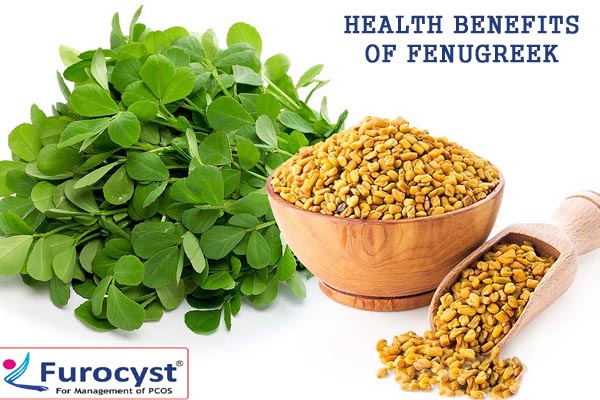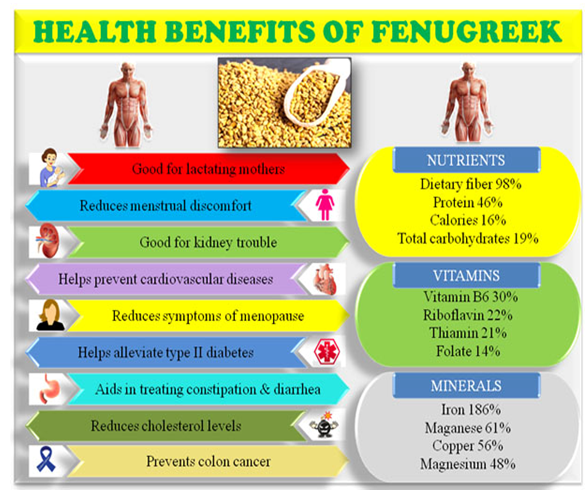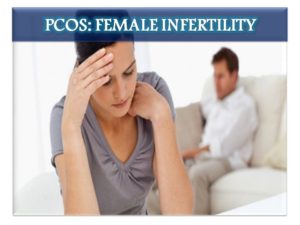PCOS or Polycystic ovaries Syndrome! Sound familiar? Have to be!
One in 10 women is suffering from this condition of hormonal imbalance. The side effects are multifold. It makes a woman’s life miserable with mood swings, irregular periods, spotting between periods, acne, hair fall, and depression. It can even lead to serious diseases like diabetes and cardiac problems.
So how to get rid of this? Can you believe that a condition, which robs the women of their happiness and peace of mind, has no sure cure?
So do those millions of women have no option but to live a wretched life?
The answer is a big NO. Every problem has some solution. So has PCOD. Strange it may sound but though there is no known treatment for PCOD and women are given insulin sensitizers and birth control pills to control PCOD, there are certain remedies to not just effectively manage PCOD but to uproot it too.

A woman who is the fulcrum of not just her family but of the entire nation can’t be left to suffer. She needs holistic care to fight with this little known but ugly monster of PCOD.
How to Cure PCOD or PCOD Naturally? Here’s a list of remedies to cure PCOS:
- You are what you eat
Nutritional deficiencies have a large impact on the treatment of PCOD. So the first step has to be to eat right. Whole grain, veggies, fruits and low-fat dairy products strengthen your body to fight PCOD which gets aggravated with high glycemic diet. Fish oil is of immense benefit for the management of PCOD.
- Control Your Weight
Obesity is the mother of many illnesses. PCOD is not different. So bid goodbye to those extra kilos you have just being living with. By maintaining a healthy BMI, women can fight with the symptoms of PCOS while reducing the androgen level in the body, which curbs irregular periods and infertility. It is an absolute essential to do moderate exercise for 30-40 minutes per day to build up muscles and to boost your mood.
- Adopt a healthy lifestyle
The quality of our life is determined with the quality of our lifestyle. Are you a nocturnal creature? Do you enjoy the smoke rings from your cigarette and just love to lose your senses by giving in to social drinking? Stop!!! For a healthy life, you need to let go of all that’s bad for your health be it
Lack of sleep, smoking, drinking or stress. Stress is the underlying reason for binge eating thus leading to an unhealthy you. So nip it in the bud. Have a vent out plan/technique to cope with the stress effectively.
- Health Supplements
Furocyst, a well known health supplement has been clinically proven for management for PCOD and PCOS. A clinical study conducted on 50 women in the age group of 18-45 years showed significant results in the treatment of polycystic ovary syndrome with Furocyst. Furocyst improves insulin sensitivity and, in turn, regulates circulating androgen levels. It improves insulin-mediated glucose disposal in women with PCOS. Furocyst improved menstrual period in the study subjects and has a regulating effect of insulin on ovarian androgen biosynthesis, theca cell proliferation, and endometrial growth. It regulates ovarian androgen production leading to disappearance or decrease in size and number of cysts. Increase in LH (Luteinizing Hormone)/FSH (Follicle-Stimulating Hormone) ratio has been reported in various studies conducted on PCOD patients. Because of a decreased level of follicle-stimulating hormone (FSH) relative to LH (Luteinizing Hormone), the ovarian granulosa cells cannot aromatize the androgens to estrogens, which lead to decreased estrogen levels and consequent anovulation. In the present study, a significant decrease in LH/FSH ratio was observed, suggesting regulating the effect of Furocyst (Fenugreek extract).

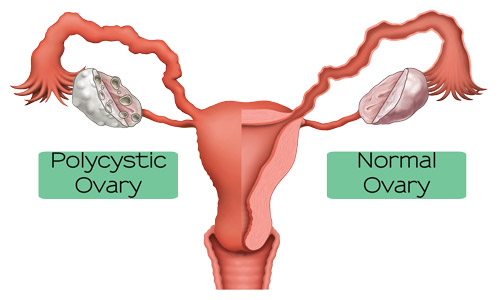




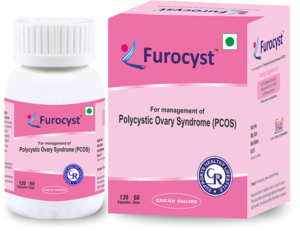












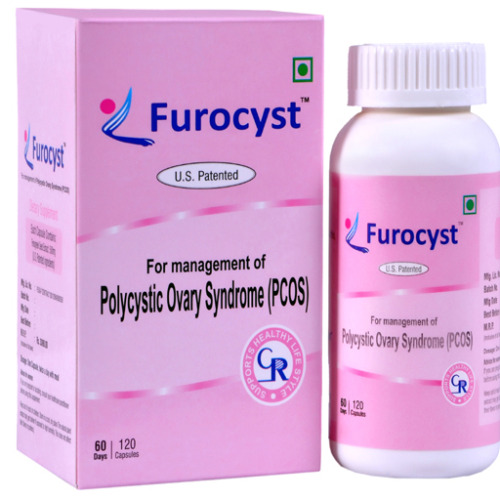
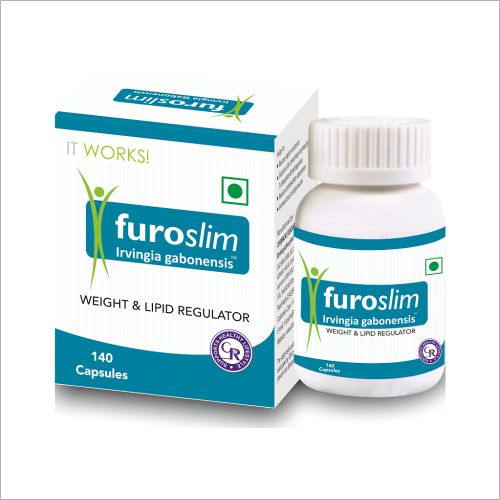 Another supplement to curb those hunger pangs in
Another supplement to curb those hunger pangs in 



